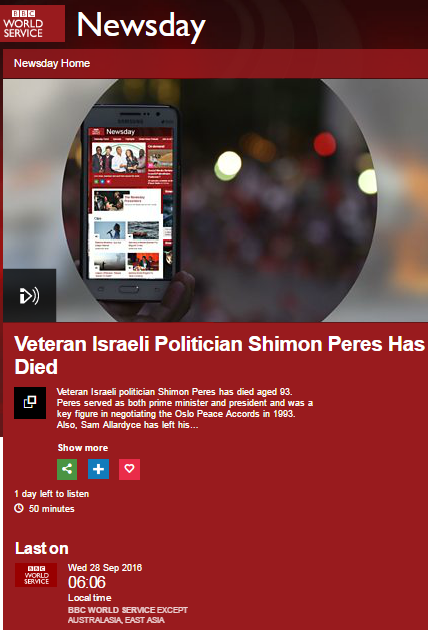1) At the INSS Yohanan Tzoreff and Kobi Michael discuss ‘Fatah and the Legislative Council Elections: The Split and Its Implications’.
“Efforts by Abu Mazen and senior Fatah leaders to prevent divisions in the movement before the May 2021 Palestinian Legislative Council elections have failed. The movement split into three separate lists following multiple disputes, power struggles, and anger directed at the leadership. These splits challenge the status of Abu Mazen, who over the past 16 years was the sole, unchallenged leader of the Palestinian national movement. They cast a shadow over Fatah’s hegemony in the Palestinian theater, accelerate the inheritance wars, undermine security instability in the West Bank, and bolster the status of Hamas as an alternative to the Fatah movement.”
2) Armin Rosen looks at ‘Washington’s Weirdest Think Tank’ (which has featured in BBC content) at Tablet Magazine.
“According to its application for tax exemption filed with the Internal Revenue Service in July 2019, which Tablet has obtained, Quincy’s purpose would be “to educate the public about ‘restraint,’ a foreign policy grand strategy developed by interdisciplinary academic thought-leaders,” and to support scholars who “generally argue that in regions where the US possesses vital interests, it should lead with diplomacy.” The institute’s titular director and president is Andrew Bacevich, a historian, former U.S. Army colonel, and a widely respected if sometimes overwrought proponent of the idea that a military-industrial complex has hijacked American society. The IRS document identifies Trita Parsi, head of the National Iranian American Council until 2018, as another one of Quincy’s co-founders and as its executive vice president.”
3) At the FDD Brenda Shaffer explains why ‘Iran Is More Than Persia’.
“Most of Iran’s frontier provinces are heavily populated by non-Persians. Iran’s major ethnic minority groups also share ties with co-ethnics in bordering states: Azerbaijan, Turkmenistan, Iraq, Turkey, Pakistan, and Afghanistan. Ethnic self-identity is much higher in the provinces than in the Persian-dominated center, especially Tehran. Several of these groups, such as the Kurds, Turkmen, Ahwazis, and Baluch, not only have a separate ethnic identity and language, but also are among Iran’s poorest inhabitants. Most of Iran’s frontier provinces receive a much lower level of government services and infrastructure investment than the center.”
4) Also at the INSS, Ari Heistein and Elisha Stoin analyse ‘the Houthi Threat to Israel’.
“On March 7, 2021, Houthi rebels – also known as Ansar Allah – fired a salvo of missiles at Saudi Aramco oil facilities in Ras Tanura and Dhahran. Despite uncertainty regarding the motives behind the attack or its success, the very next day Iran’s IRGC sought to threaten Israel by forging an implicit link between the Houthi strike and the possibility of an attack on Eilat. This incident is only the latest evidence of Iran’s perception of the Houthis as a bargaining chip in its struggle against Israel, relating to the rebel group almost as if they are a missile unit in the IRGC Air Force. Yet although the Houthi threat to Israel has made headlines on numerous occasions in recent years, it remains poorly understood.”



